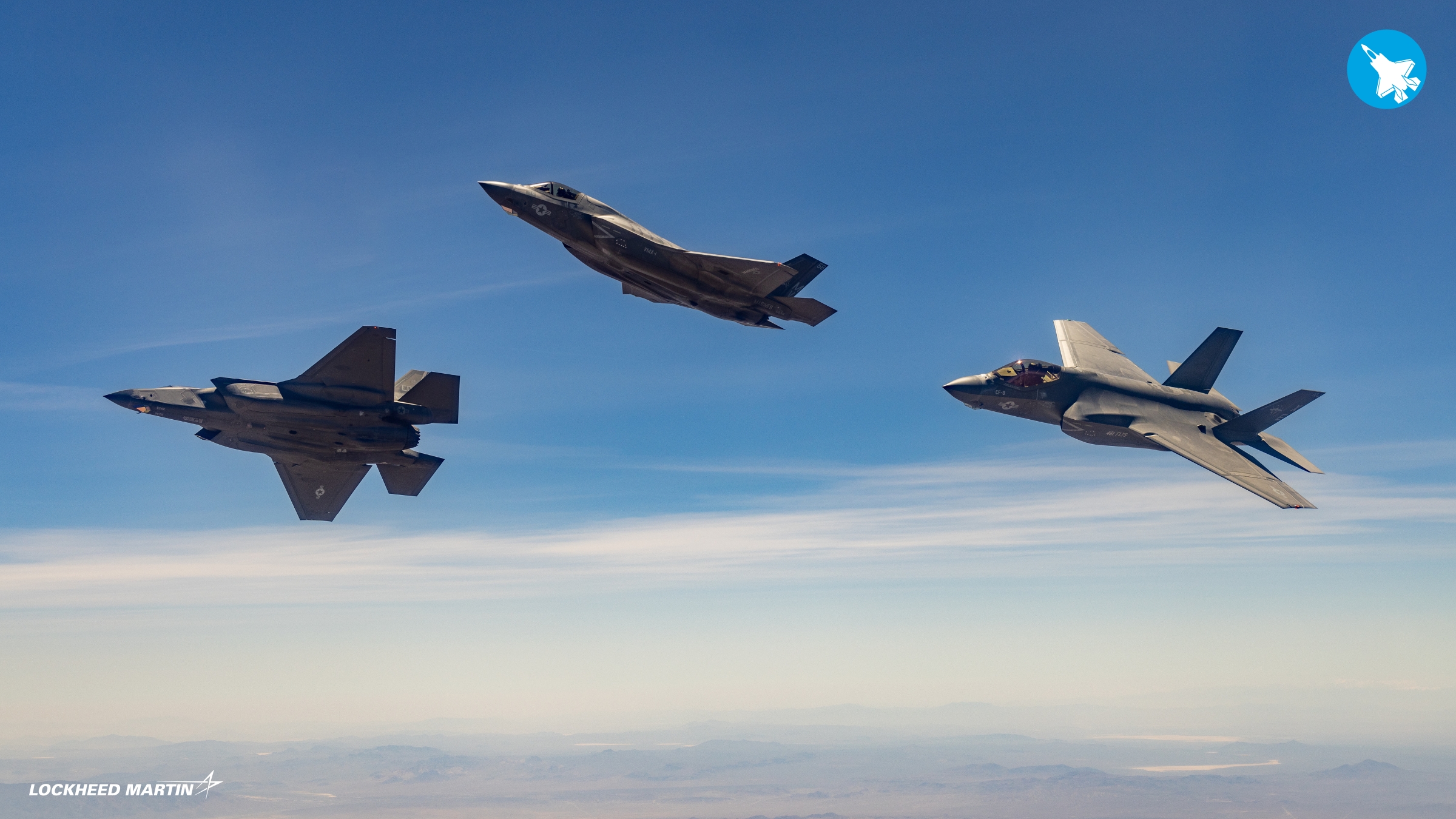Pakistan has expressed strong “concerns” after US President Donald Trump unexpectedly proposed selling Lockheed Martin F-35 fighter jets to India during a recent joint press conference with Indian Prime Minister Narendra Modi.
On February 13, President Trump expressed his administration’s readiness to sell F-35 stealth fighters, considered among the most advanced military aircraft in the world.
He pointed to billions of dollars in defense deals with India this year as a potential lead-up to offering the stealth fighter. Trump stated that efforts were underway to eventually provide India with the F-35.
During the press conference, Prime Minister Narendra Modi did not directly address Trump’s comments on the F-35 but instead focused on the broader defense partnership between the two countries.
He added, “America plays an important role in India’s defense preparedness. We are moving forward actively toward joint development, joint production, and transfer of technology.”

Additionally, an official statement from the Indian government reinforced expectations of finalizing a new order for six Boeing P-8I maritime patrol aircraft, expanding India’s current fleet of 12.
While this development has spurred discussions in India about the Su-57 and F-35 potentially competing for an Air Force deal, it has also drawn sharp reactions from Pakistan, which warns that such decisions could stretch military disparities and threaten regional stability.
During a weekly press briefing on February 14, Foreign Office Spokesperson Shafqat Ali Khan, a spokesperson for Pakistan’s Ministry of Foreign Affairs (MOFA), warned of the repercussions of such arms transfers, adding that they exacerbate military imbalances in the region and threaten strategic stability.
The spokesperson further stated that such actions do little to support the goal of lasting peace in South Asia.
He said, “They remain unhelpful in achieving the objective of a durable peace in South Asia. We urge our international partners to take a holistic and objective view of issues of peace and security in South Asia and refrain from endorsing positions that are one-sided and deviate from ground reality.”
However, Pakistan’s accusation that such a deal would disrupt efforts to maintain peace in the region appears contradictory, given that it is reportedly in the process of acquiring fifth-generation fighter jets from China.
Turks Question US Double Standards
Pakistan is not alone in its outrage over Trump’s announcement. The decision has also sent shockwaves through Turkey, a staunch ally of Pakistan, which found itself expelled from the F-35 program after purchasing Russia’s S-400 air defense system.
The echoes of frustration are growing louder, as many in Turkey see this move as yet another example of Washington’s selective policies. Although Turkish officials have remained silent on the matter, the reaction from the public has been anything but quiet.
Social media platforms, particularly X (formerly Twitter), have been flooded with accusations of “hypocrisy” and “double standards” by the United States.
Many Turkish users have questioned why India, despite acquiring the same Russian-made S-400 system, continues to enjoy Washington’s favor while Turkey was cast out of the program without hesitation.
Turkey’s removal from the F-35 program in 2019 was justified by the US on the grounds that operating both the F-35 and the S-400 posed a major security risk, potentially compromising the stealth technology of the fifth-generation fighter jet.

However, India’s similar acquisition has not triggered the same consequences. In fact, rather than imposing sanctions, the US House later granted India a waiver under the Countering America’s Adversaries Through Sanctions Act (CAATSA), effectively shielding it from penalties.
Aviation journalist Gareth Jennings addressed the backlash, arguing that while frustration in Turkey is understandable, the situation has changed under Trump’s administration.
He suggested that previous policies no longer apply in the same way, implying that the perceived double standard is more about shifting political priorities than outright bias.
Some have also pointed out a key distinction between Turkey and India’s situations. Turkey, as a NATO member, was set to receive a NATO-standard version of the F-35, making the presence of the S-400 a direct threat to allied defense systems.
In contrast, US could offer India a customized variant of the F-35 equipped with localized technology, designed to operate independently of NATO’s integrated military structure.
- Contact the author at ashishmichel(at)gmail.com
- Follow EurAsian Times on Google News




